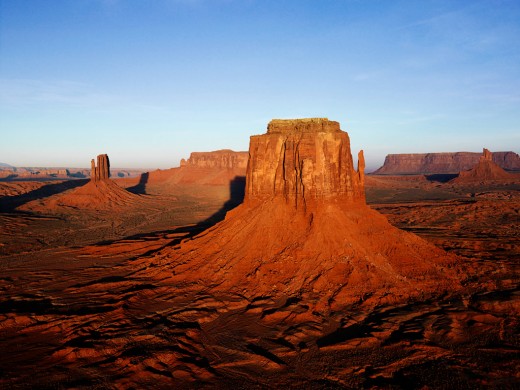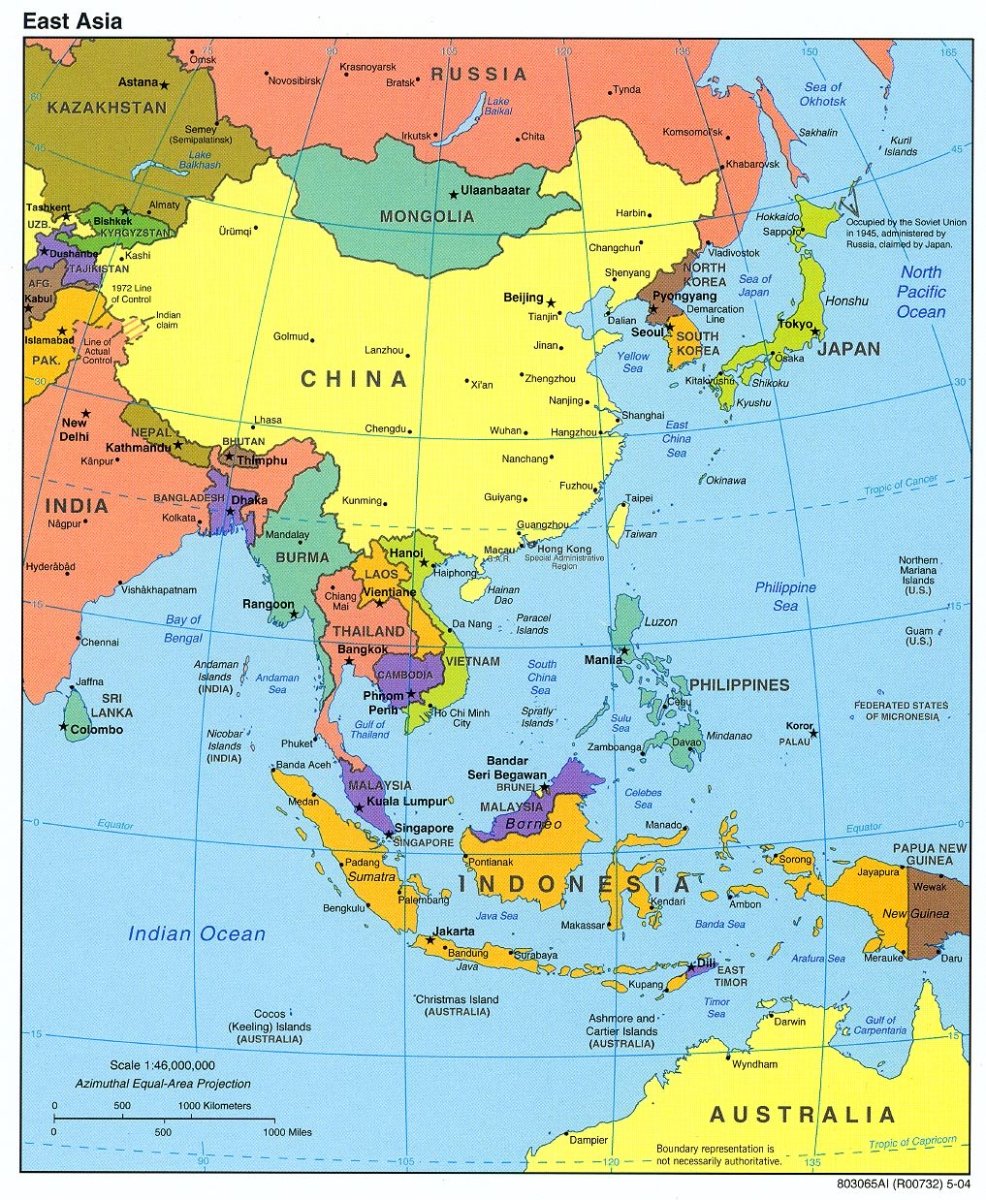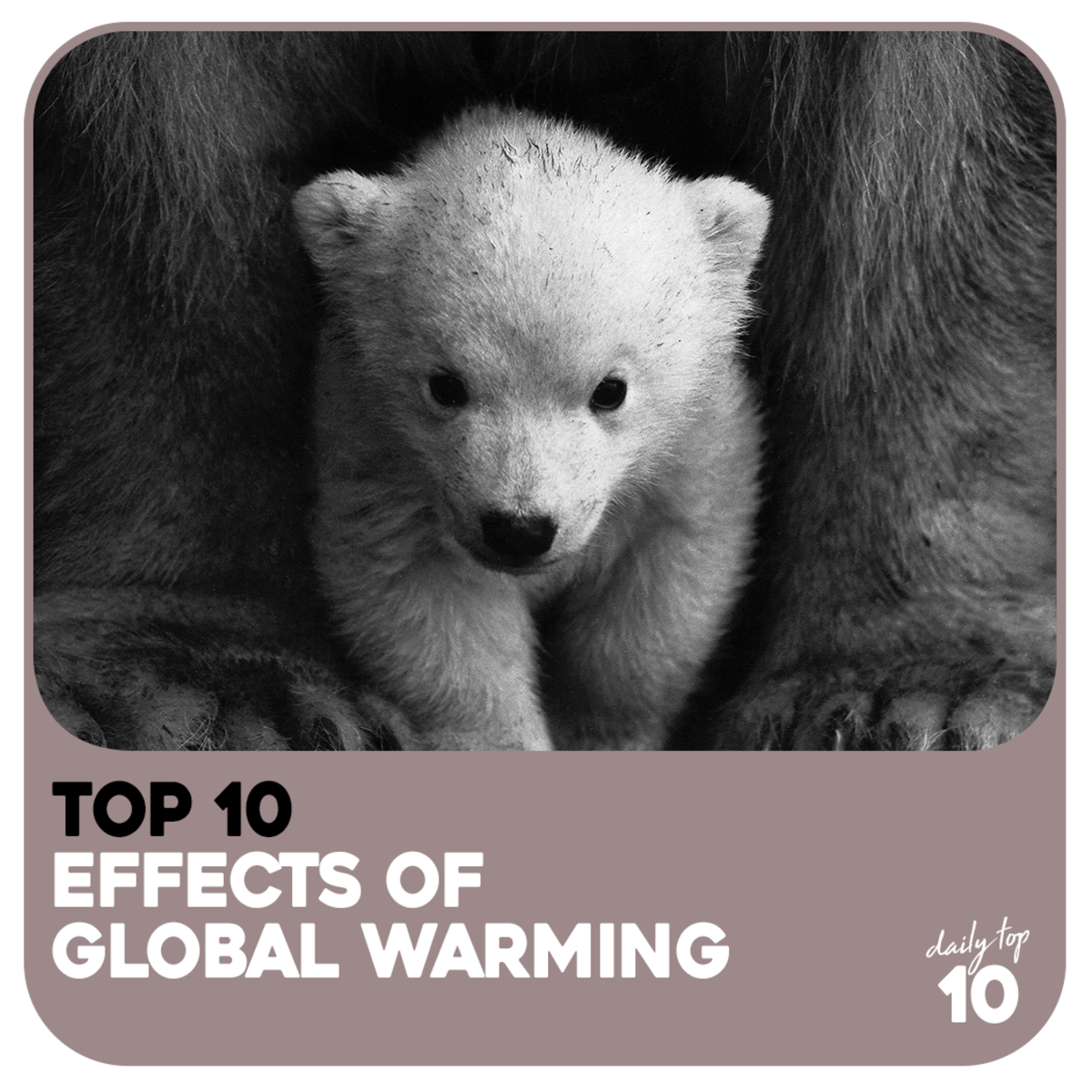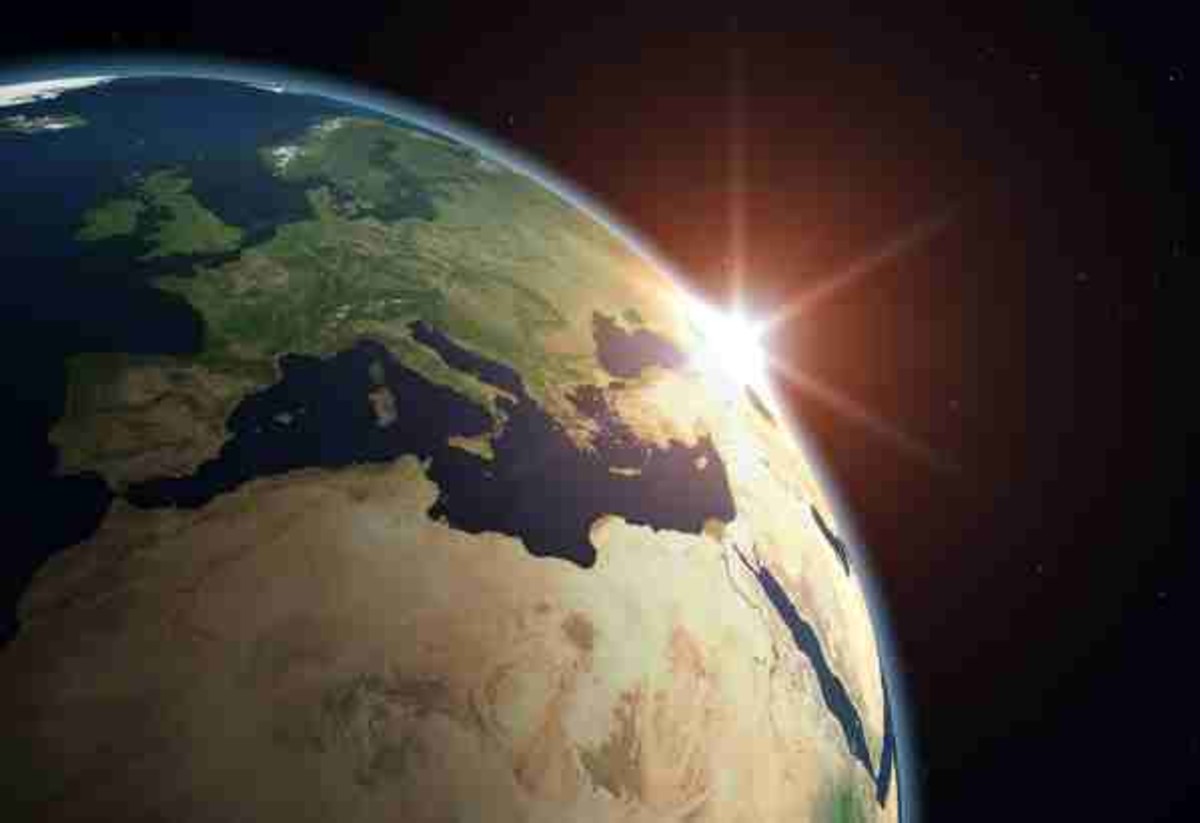East Asia- Economies, Politics and Culture

Since global theories in Asia and around the world have simply not caught up with actual global practices, we need a theory of one world. This matters since there is still a lack of an effective theory. Political leaders including Gordon Brown, Tony Blair, Al Gore and Bill Clinton have all presented global themes about how to attain global order. While each of them was in office, none of them were able to adjust the politics of their countries. However, they were able to describe the world state after they left office. Gore and Clinton were the strongest advocates of solving global warming. While in office, however, they did not do a lot to prevent it.
Not having one world theory is what prevents leaders of the world from taking effective action that spans the entire globe. There are so many forces relentlessly pushing humanity towards a one-world order. However, there is no theory to explain it. This chapter suggests four pillars of key convergence in the search for a new theory. This includes aspirational, technological, economic and environmental.
The Aspirational Pillar
Majority of people in the world currently have a comment material aspirational set. Most people want the same things. Better schools, sewage pipes, railways and roads and better infrastructure are what everyone wants. Nations in Asia and around the world understand that their future is dependent on trends of global economics. Every country should compete in markets around the world. Politicians may emphasize fearing the loss of national identity. To get this type of xenophobia neutralized is to create the one world theory that emphasizes how living in a one world system benefits all of us.
The Technological Pillar
The impact of technology on the consciousness of human beings is frequently overlooked. Rather, when people hear that the world is shrinking due to technology, they think this means that it is easier to communicate with anyone on the planet. Of course, primarily, it is with our own nations that our main identities rest. However, more and more people are becoming aware that we already live in one world. This awareness is emphasized with more rapid technology.
Economic Pillar
There should have been 2 announcements made in 2009 in London by the G-20 leaders. First, was that they should have mentioned that only through coordinated global action could the world be saved from the 2008-2009 financial crisis. Also, they should have announced that clearly, the crisis proves that a single global economy had been created. Coordinated and continuous global response was the only way to manage the global single economy.
Environmental Pillar
The one world theory should begin with the environmental pillar since the people of planet earth do not seem to be doing a good job in the management of the universe’s only planet that has the capability for sustaining human life. There is no other planet to migrate to and no second option. For the seven billion people that inhabit the earth, this environmental pillar is the strong common link that unites us all.
There are contradictions in the globe that may be dissonant with the theme of the book The Great Convergence. This paradox explains that divergence is created by convergence. We are all living in a smaller world village and creating a new phase in the history of human beings. In the past, civilizations and societies existed in different history pools. Currently, everyone is being pushed closer together. Daily, new global contradiction is being created. History has never moved forward effortlessly or smoothly. The road always had detours and bumps.
The first contradiction is global interests versus the interest of the nation. One analogy explains this contradiction. When the Titanic is sinking, no one will save the cabin. Thus, to save each cabin, the entire boat needs to be saved. This is the same as your nation’s interests versus global interests. In today’s world, 193 leaders working to protect the interests of the nation is the same as protecting the cabin. Instead, we need to protect the entire boat, which is the entire world.
The west versus the rest in Asia and around the world is contradiction number two. Only twelve per cent of the population of the world is provided by the west. Eighty-eight percent is the rest of us. If the entire human race is striving for a democratic, legitimate and just global order, every human being needs to be equally represented in key institutions of the globe. Societies in the west are doing the opposite and prefer only their voice to be heard. Naturally, this creates contradictions between the rest and the west. However, as the global population and the GNP of the west steadily shrinks, inevitably, they will need to learn that power needs to be shared in the institutions of the globe.
The world’s greatest power versus the greatest emerging power of the world in Asia is contradiction number three. Throughout history, this contradiction always existed. No great power likes being number one. Today, the western power of America is the number one power with China in Asia rapidly catching up. If China takes the number one spot, this will be the first time that the number one spot will be taken over by a none-western nation. We should all be prepared for turbulence as new developments take place.
A shrinking world versus expanding China is the fourth contradiction. To keep a good relationship with the rest of the world, China needs to work very hard. If not, competitors and adversaries will seek to lessen China’s impact on everyone.
The west versus Islam is the fifth contradiction. This is probably the most dangerous global contradiction due to being about religion. The west feels quite aggrieved and victimized by many horrendous attacks by Islamic groups.
The global consumer versus the global environment is the sixth contradiction. The planet’s environment is fragile and threatened by humanity. Obviously, the strongest threat is global warming. To save our planet, we all need to work together and eradicate the threat to stock water supply, fisheries and rainforests in Asia, among others.
Nongovernmental organizations versus governments is the seventh contradiction. National governments drive international life in theory. In practice, however, various forms of non-government organizations also drive international life in the world. These influence practices, perceptions, norms and fashions worldwide. There is a major impact that NGO’s have. Those who master contradictions such as these rather than opposing them will find success. To succeed with so many contradictions in the world including in Asia will mean having to make trade-offs and this recommendation applies to every nation.








